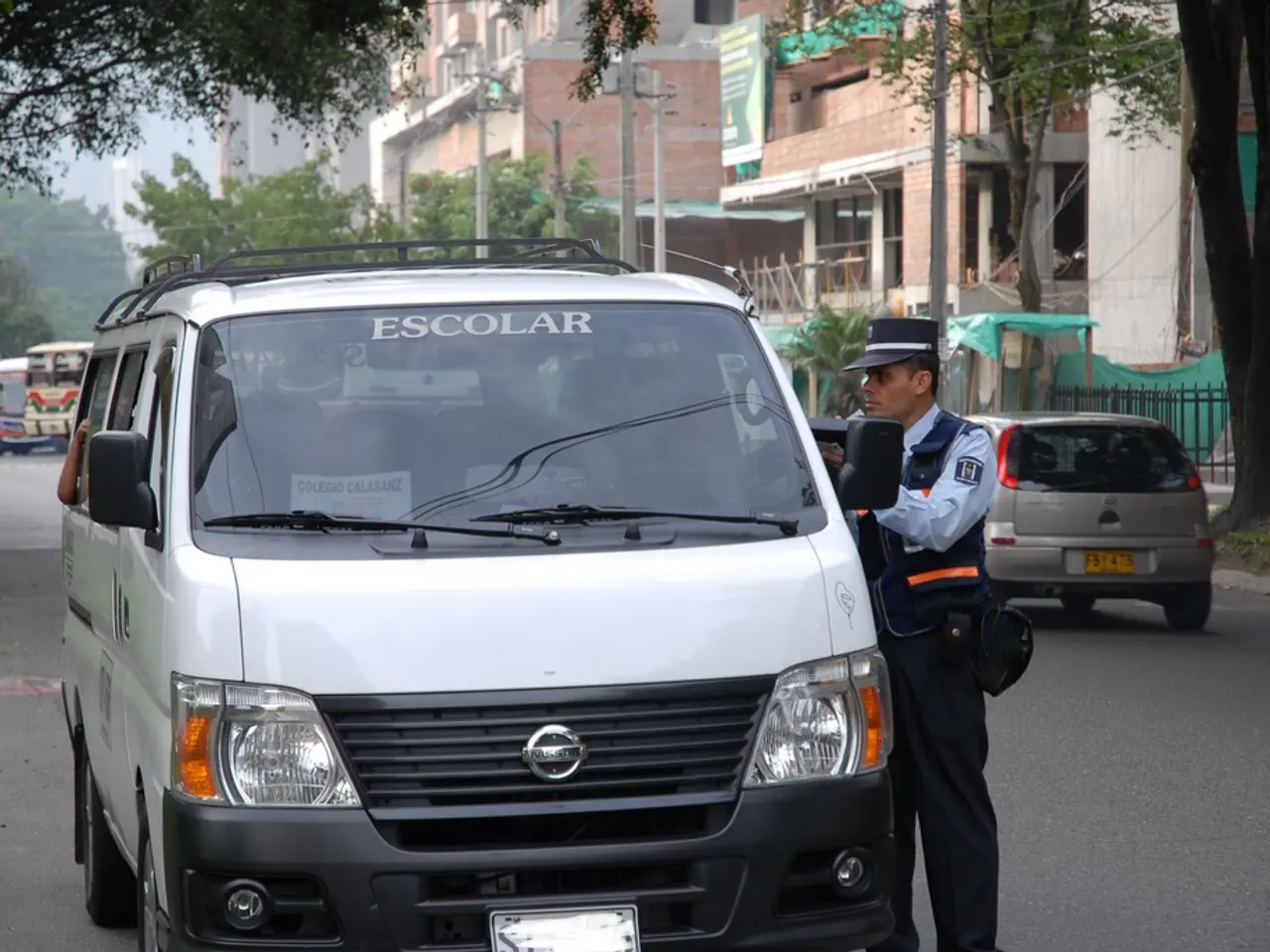Illegal Activities Traced Back to Tornado Cash: Roman Storm Suspected of Aiding North Korean Hackers in Laundering Large Sums
In a courtroom in New York, the trial of Roman Storm, co-founder of Tornado Cash, has begun. This trial is more than just a legal battle; it's a crucial test case that could shape the future of technology development, particularly in the realm of decentralized autonomous software.
At the heart of the debate is the question of developer liability for the misuse of open and autonomous tools. Storm faces charges including conspiracy to launder money and violations of US sanctions, based on allegations that Tornado Cash, the privacy protocol he co-created, facilitated illegal activities. However, Storm's defense argues that Tornado Cash is an open-source, decentralized privacy tool, not a business, and that the code constitutes protected speech under the First Amendment.
Prosecutors claim that Storm could have altered Tornado Cash to prevent criminal exploitation but chose not to. Supporters, including some in the Ethereum community, argue that prosecuting Storm risks undermining financial privacy protections and coding as free speech.
The outcome of this trial could set a significant precedent regarding the extent, if any, to which developers of autonomous and decentralized software tools are responsible for the misuse of their creations. If Storm is found guilty, it could open the door for increased legal responsibility for developers in the future. On the other hand, a not-guilty verdict could strengthen the argument for protecting privacy tools and source code as free speech, thereby limiting developer liability.
The implications of the Roman Storm case extend beyond the United States. The way the U.S. justice system establishes legal responsibility for decentralized protocols could significantly influence how other countries regulate these disruptive technologies. The case has already sparked interest globally, with developers, investors, and digital rights advocates watching closely.
Tornado Cash has become a symbol of resistance against government overreach and an icon in the defense of digital privacy. The lifting of sanctions against Tornado Cash this year was hailed as evidence that legal and community pressure can make a difference. Coin Center, a key organization defending digital rights, filed a lawsuit arguing that sanctioning an autonomous protocol exceeded the government's legal authority.
The Roman Storm trial is not just about one man or one protocol. It's about setting a precedent for the future of technology development. It's about striking a balance between technological innovation and the law. It's about deciding whether developers should be held accountable for the unlawful acts committed by third parties using their tools, or whether their responsibility ends with releasing the code.
As the trial unfolds, the world watches, hoping for a verdict that will provide clarity and direction in this complex and rapidly evolving field.
[1] CoinDesk. (2022, October 20). Tornado Cash co-founder Roman Storm arrested in Spain over money laundering allegations. Retrieved from https://www.coindesk.com/policy/2022/10/20/tornado-cash-co-founder-roman-storm-arrested-in-spain-over-money-laundering-allegations/
[2] Decrypt. (2022, October 25). Tornado Cash co-founder Roman Storm arrested in Spain over money laundering allegations. Retrieved from https://decrypt.co/98850/tornado-cash-co-founder-roman-storm-arrested-in-spain-over-money-laundering-allegations
[3] Cointelegraph. (2022, October 21). Tornado Cash co-founder arrested in Spain on money laundering charges. Retrieved from https://cointelegraph.com/news/tornado-cash-co-founder-arrested-in-spain-on-money-laundering-charges
[4] Coin Center. (2022, August 8). Coin Center Files Lawsuit Against the U.S. Treasury Over Tornado Cash Sanctions. Retrieved from https://coincenter.org/latest/coin-center-files-lawsuit-against-the-u-s-treasury-over-tornado-cash-sanctions/
[5] Electronic Frontier Foundation. (2022, August 9). U.S. Treasury’s Sanctions Against Tornado Cash Threaten Financial Privacy and Free Speech. Retrieved from https://www.eff.org/deeplinks/2022/08/us-treasurys-sanctions-against-tornado-cash-threaten-financial-privacy-and-free-speech
- The Roman Storm case, currently unfolding in a New York courtroom, not only concerns Storm's alleged involvement in money laundering and sanctions violations but also debates the liability of developers for the misuse of open and autonomous tools, particularly in the tech-driven realm of decentralized autonomous software.
- If found guilty, Roman Storm's conviction could potentially set a precedent for increased legal responsibility for developers in the creation and deployment of autonomous and decentralized digital tools, potentially impacting future innovation in finance, technology, and general-news sectors.
- Conversely, a not-guilty verdict could fortify the argument for protecting privacy tools and source code as free speech, thus limiting developer liability and offering encouragement to developers and investors in the crime-and-justice and digital rights spheres.




